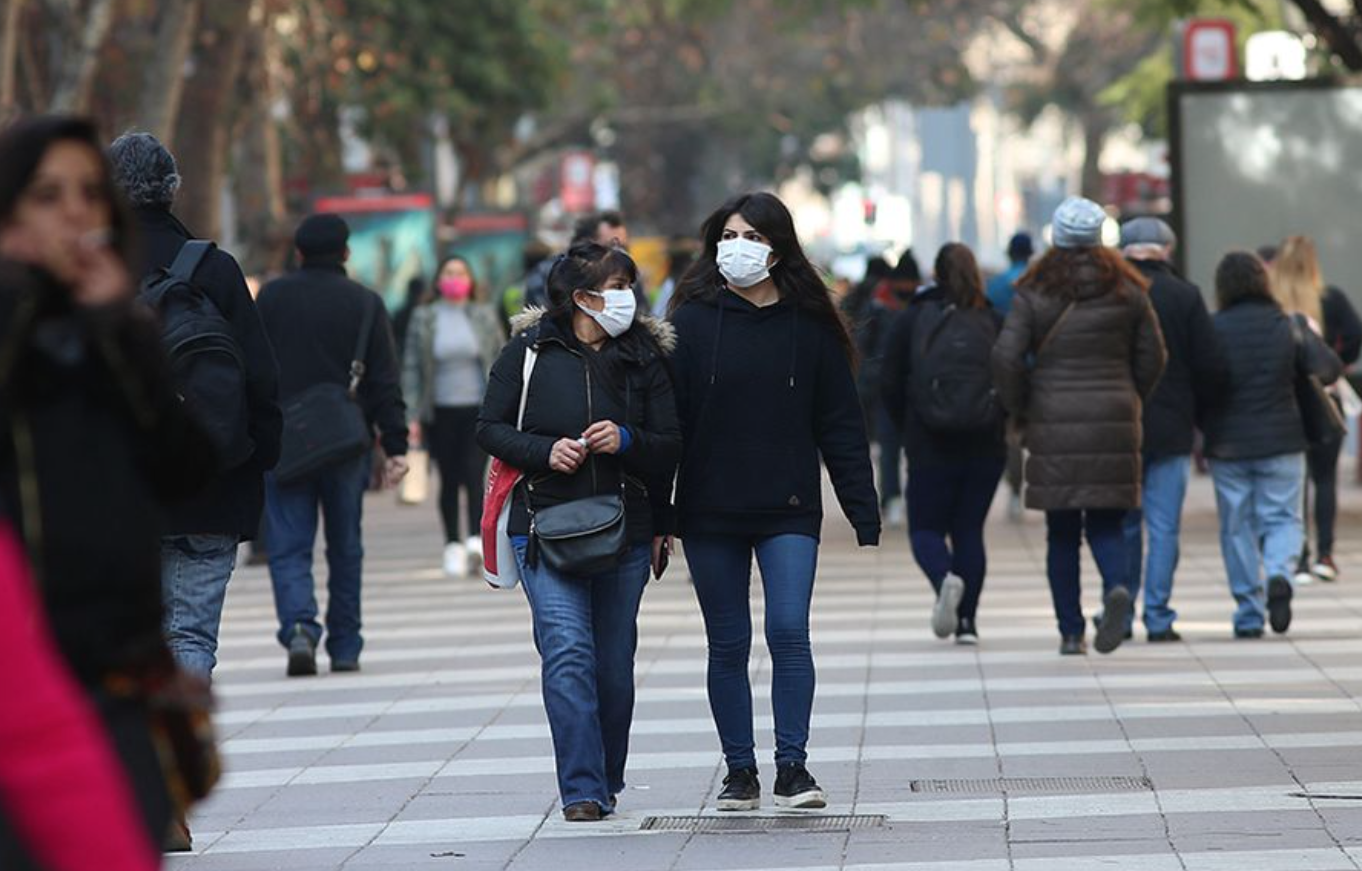With almost all the polling stations closed, the rejection of the draft Constitution was accepted with 61.9% of the votes against it, and 38.1% for the “I approve” option, a forcefulness that leaves no room for doubt. The idea, which was seen as nearly a certainty in January, that the process would end with the establishment of a new Constitution melted on a sunny September 4, a symbolic date that commemorated the 1973 elections prior to the coup d’état.
Although the support obtained by the rejection did not reach the magnitude received by the approved alternative in the previous referendum of October 2020, the overwhelming electoral participation, with 12,949,651 citizens going to the polls (the highest in the history of Chile), makes the comparison regarding which of the two results was more important a rather futile exercise.
As it happened after the 2020 plebiscite, analyses regarding the electoral result will abound in the coming months. However, there are elements we can analyze in these first hours. Just as reading the October 2020 results as a triumph for the left was a mistake, interpreting these results as a blank check of support for the opposition to Boric’s government or those who claim to represent the rejection, such as the right-wing parties and figures linked to the former Concertación and Nueva Mayoría, is a temptation that should be avoided.
Although some measured statements were made by opposition leaders, the maelstrom produced by an electoral triumph of the dimensions produced by the plebiscite inevitably clouds one’s judgment and leaves a certain hangover that in political terms will become evident when the celebrations and selfies of the occasion become a memory.
In parallel, the analysis of the defeat should avoid simplistic explanations, such as attributing it, to the mobilization of a poor facho-type voter or assigning a decisive relevance to the dissemination of false news. A large part of the poorer sectors, who had given the government a resounding victory less than a year ago, are the same ones who almost nine months later caused a defeat of singular harshness.
Neither the intoxication of victory, nor the self-flagellation of failure let us see clearly what led to the triumph of the rejection option. The opening towards a new Constitution was the result of the accumulation of processes that led to October 2019. Nevertheless, one factor of great importance was the deterioration of the country’s political institutions.
This fact is of special importance, since it will be the institutions such as the Congress, the Government, and the political parties that will have to in the coming weeks define the continuity of the constitutional process and ensure that this new version reaches a favorable outcome. Although the rejection of the new Constitution is attributed to the role played by the Constitutional Convention, it must not be forgotten that the distrust in these three institutions is not only equal or greater than the distrust in the Convention but is chronic to Chilean society as well.
The institutions that should lead the constitutional process after the plebiscite of September 4, especially the Congress and the political parties, had an approval rating lower than that of the 1980 Constitution itself. less than two years ago However, unlike the current constitutional text, which was paradoxically written by what today would be considered as a committee of experts (the so-called Ortúzar Commission), there is no discussion under any circumstances of questioning or overruling the return of the constituent power to Congress; it is legally out of the question to do so. This is perhaps the great paradox left by the result of the exit plebiscite: that the institutions that are supposed to put it back on track are, to a great extent, more defeated and powerless than the current Constitution itself.
The resounding failure of the constitutional proposal provides a new opportunity for the government, but above all else it gives the Congress and the political parties a chance to regain the leading role. However, it should not be forgotten that these actors are as weak or weaker than the now vilified Constitutional Convention. In spite of this, the election with the highest electoral participation in our history has once again put them in charge of generating a fundamental charter, but without the right to a new historical failure like the one that occurred on September 4, 2022.
Translated from Spanish by Janaína Ruviaro da Silva











